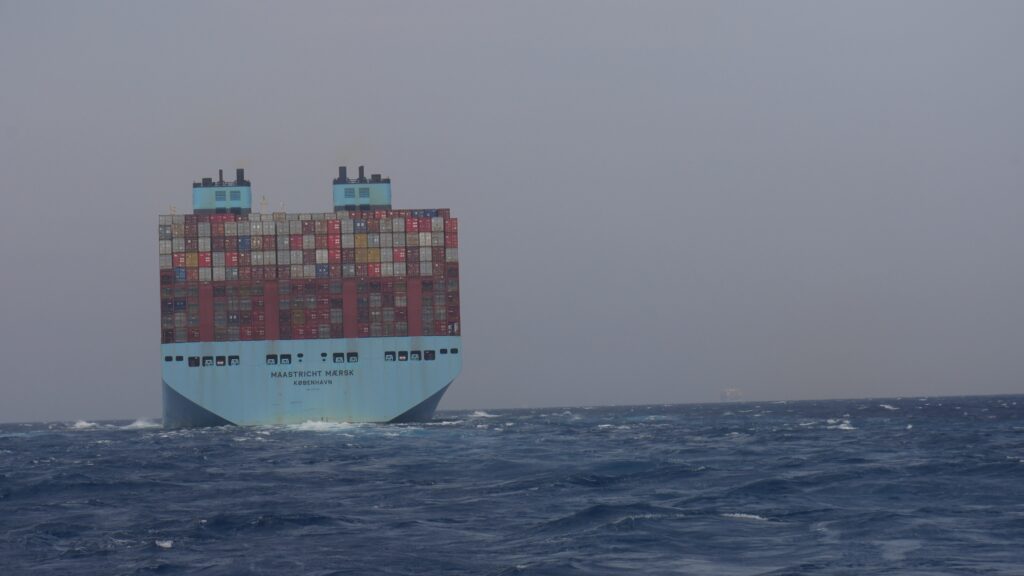The UK representative to the BIR, Gareth Hyams of APM Metals, gave an overview of the UK market in which he said “there still seems to be a demand for all grades of non-ferrous metals out of the UK.”
However, he warned that instability in the Red Sea/Gulf of Aden has also affected the market, with freight rates from the UK to India and the Far East have risen by almost 70% owing to shipments being directed around Africa.
This has also meant shipments made in the latter part of 2023 have been taking longer than originally expected to reach their destinations, in some cases affecting cash-flow and therefore purchasing power.

Mr Hyams added: “As a result of the difficulties with container exports, European markets have become more attractive for the UK. Despite the shipping problem, the positive news is that there still seems to be a demand for all grades of non-ferrous out of the UK.
“Elections in the UK and the USA during 2024 could lead to more uncertainty in trading conditions although there are still hopes that, after a sticky start, we can look forward to a positive year in the trade.”
Middle East
The Middle Eastern representative to the BIR, Rami Shahrour of Sharmetal Trading Co, reported a similar picture regarding the Red Sea crisis.
He detailed that the Middle Eastern region was a major trade route and any instability in the region could “cause delays, increased costs for logistics operators and impacts on the timely delivery of cargoes.”
Mr Shahrour went on to explain that uncertainty in the Middle East could cause companies to reconsider their trade routes.
He added: “As the Middle East is also a major oil-producing region, such disruptions can also lead to fluctuations in fuel prices. Instability or conflicts in the Middle East can result in higher fuel prices, which can significantly impact transportation costs for logistics companies and lead to higher prices for consumers and for businesses relying on imported goods.”
India
Mr Anirudha Agrawal from India says the crisis in the Red Sea is having a “ripple effect on freight rates” for aluminium and is affecting the availability and pricing of scrap metal. He reports that it has become more expensive at a time when refined metal prices are lowering.
However, he reports that scrap copper availability in the country was healthy with substantial volumes being exported in 2023 with the trend continuing into 2024.
But Mr Agrawal does caution that this trend could change in the April-June quarter.
Soaring freight rates have led to increased scrap availability for European consumers
- Natallia Zholud, BIR representative for Eastern Europe
Markets
Shipping disruption was noted by a string of other representatives on the board too.
For Eastern Europe, Natallia Zholud of the TRM group explained that ongoing tensions in the Red Sea have prompted European exporters to look at selling their scrap within the EU.
“Soaring freight rates and longer transit times for vessels going around the Cape of Good Hope instead of the Red Sea are placing an extra burden on cash-flow and so have led to increased scrap availability for European consumers,” she explained.
Ms Zholud added that while China has already fulfilled its 2025 goal of 20% of all new cars sold being electric vehicles, EV sales in Europe are weaker than expected. “Skoda and Volkswagen are buying increased amounts of secondary aluminium alloys for production of the internal combustion engines.”
Elsewhere, Amir Malik from Pakistan’s ABM Corporation said the disruption in the Red Sea is causing “real concerns for businesses” as transit times have doubled to Asia from the USA, Canada and Europe.
“At the same time, logistics costs have jumped between 10% and 50% depending on the regions involved, while insurance costs have also increased significantly,” he said.












Subscribe for free